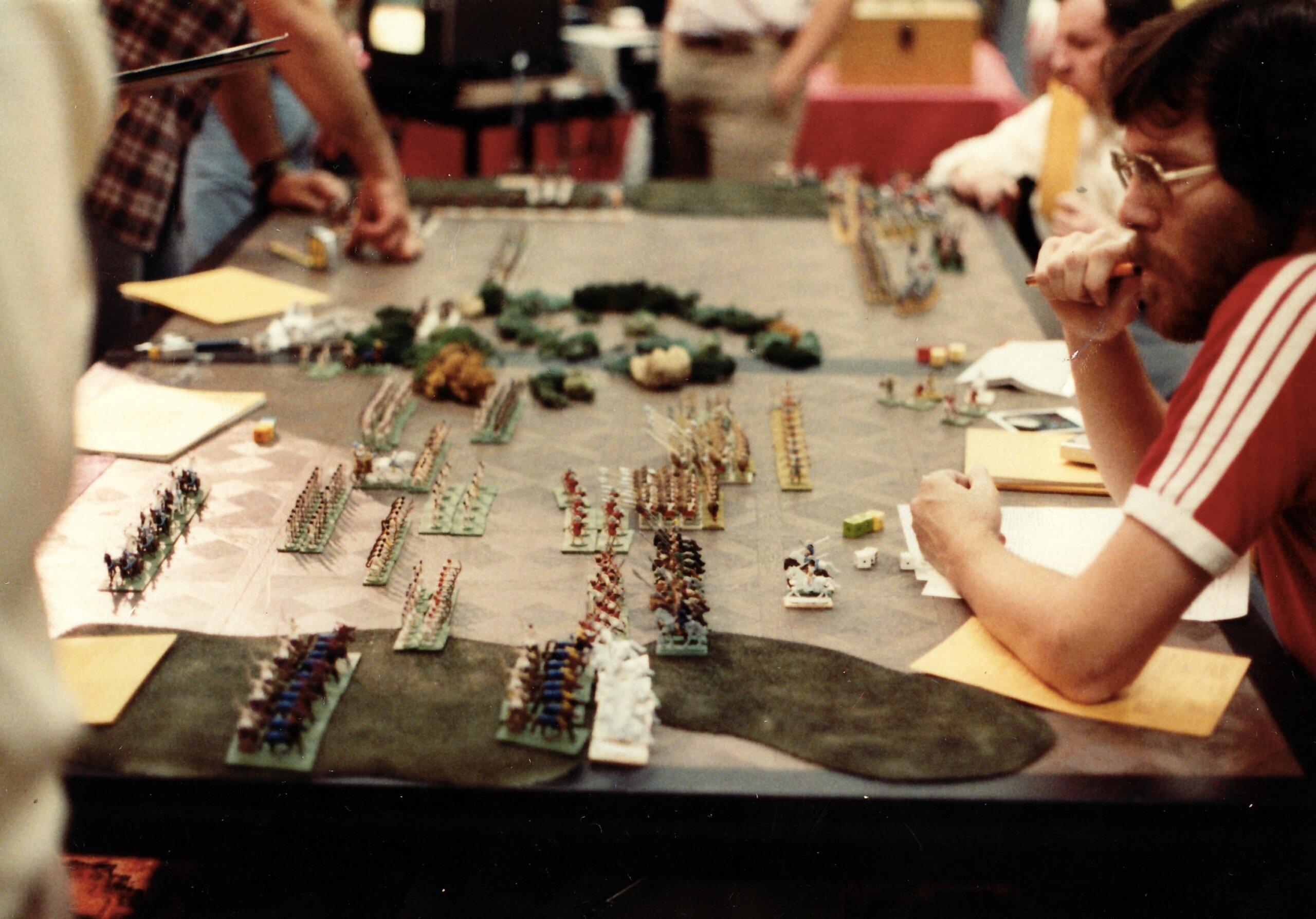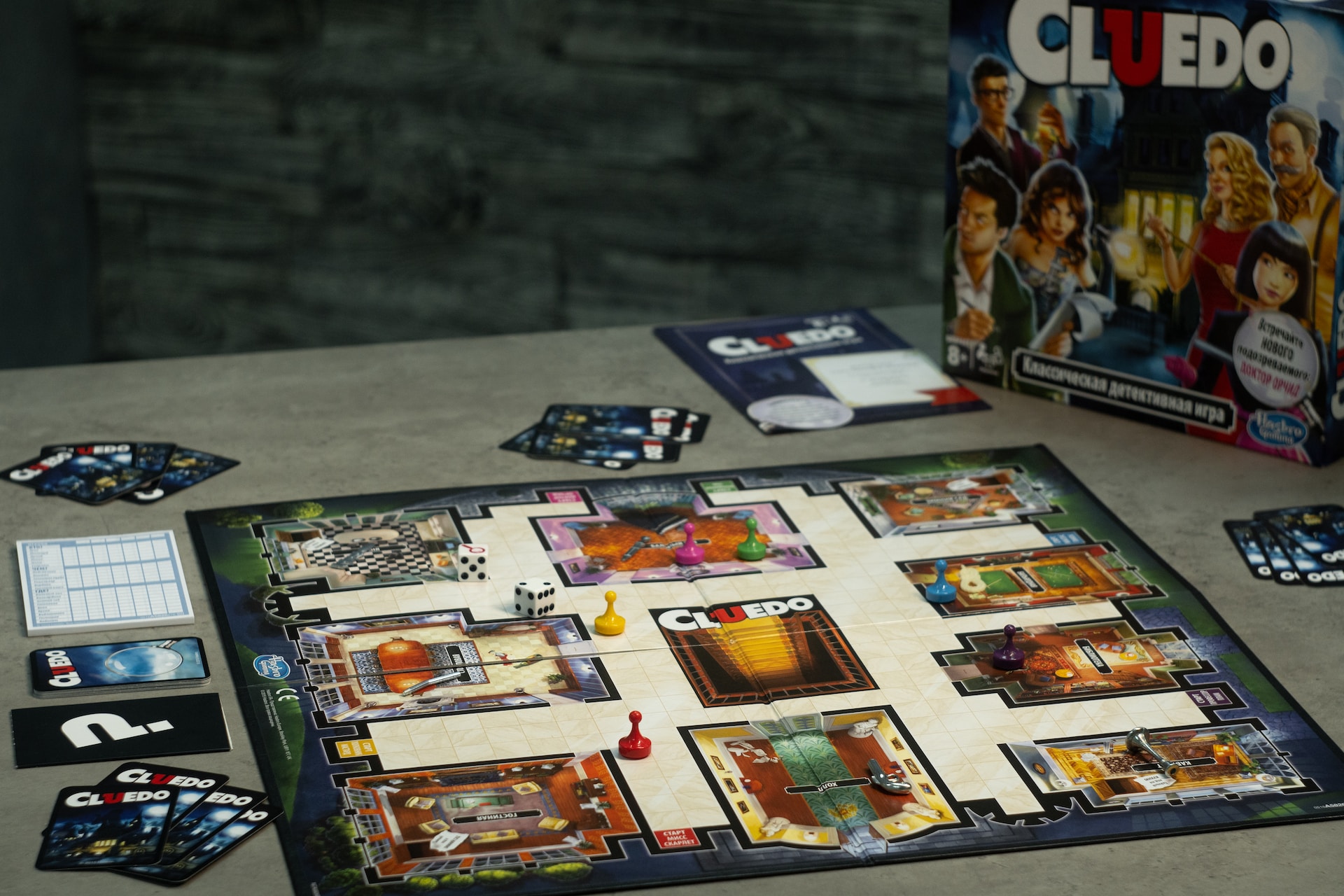For over 80 years, millions of people around the world have enjoyed playing Scrabble. Playing Scrabble is a great way to get some brain exercise, push your vocabulary to new levels, and have a fun time with friends and family. In this article, we’ll take a closer look at this vocabulary-flexing board game. We’ll cover the rules, the game’s origins, winning strategies, and some Scrabble variations.
The Story of Scrabble
In 1938, Scrabble was created by an American architect named Alfred Mosher Butts. The game was originally named “Lexiko” and later “Criss-Cross Words” before finally settling on Scrabble. Although the game had to wait 10 years before it was officially marketed in the US in 1948, it quickly became a worldwide favorite!
How to Play Scrabble
Scrabble is a word game that is usually played by two to four players. The game consists of a board with a grid of squares, tiles with letters and a little number which signifies the number of points for that letter printed on them, and a tile bag. The objective of the game is to score as many points as possible by placing tiles on the board to form words.
At the beginning of the game, each player draws seven random tiles from the tile bag. The first player then places a word that must cover the center tile on the board using at least two letters. The word must be played horizontally or vertically; words cannot be played diagonally. Players then take turns forming new words. Each new word must connect to an existing word on the board.
Players score points for each word they form, with the value of each tile based on its letter frequency and point value. For example, the letter “E” is the most common letter in the English language and is worth only one point, while the letter “Z” is worth ten points since it’s much more uncommon, making it harder to find a use for.
Players can also earn bonus points by placing tiles on squares with special modifiers. These can be double letter, triple letter, double word, and triple word squares and will increase the value of a word or tile placement.
The game ends when all tiles have been drawn from the bag and one player is completely out of tiles. Points are subtracted based on the point values of unused tiles. The player with the most points wins.
Winning Scrabble
To win Scrabble, players need to use both their vocabulary skills and strategic thinking to form high-scoring words and best block their opponents. Here are some winning strategies that can help you increase your chances of success:
Focus on high-scoring letters
Letters like “Z,” “Q,” and “J” are worth a lot of points but are harder to use in your words. So focus on how to incorporate these letters to get a higher score.
Look for prefixes and suffixes
Prefixes like “UN-” and suffixes like “-ED” can be added to the beginning or end of a word to form a new word and add points to your score.
Use the board to your advantage
Try to place your tiles on squares with special modifiers to increase the value of your words and tile placements.
Block your opponents
If you see that your opponent is setting up for a high-scoring word, try to block them by placing a word next to their tiles that prevents them from making the word they want, even if it’s making a word with a worse score.
Variations of Scrabble
Over the years, numerous Scrabble variations have been developed to add new challenges and twists to the classic gameplay. These variations allow players to mix up their usual experience and explore new gameplay mechanics. Some popular Scrabble variations include:
Super Scrabble
This version of Scrabble is played on a larger board with more spaces and more tiles. To differentiate itself even more, the game includes twice the number of tiles as the regular version, giving players 200 tiles to draw from instead of the usual 100.
Junior Scrabble
Designed for younger players, Junior Scrabble features a smaller board and simpler gameplay. The game includes special rules and scoring to accommodate younger players, such as allowing words to be spelled backward or forward.
Scrabble Slam
This fast-paced variation of Scrabble sees players competing to change a four-letter word into another four-letter word by swapping out one letter at a time. Players must think quickly and be the first to shout out the new word to score points.








